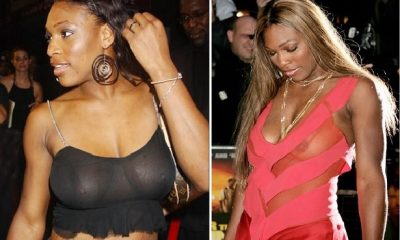Tennis
“I Just Want to Prepare Her” – Serena Williams On Future Challenges for Daughter
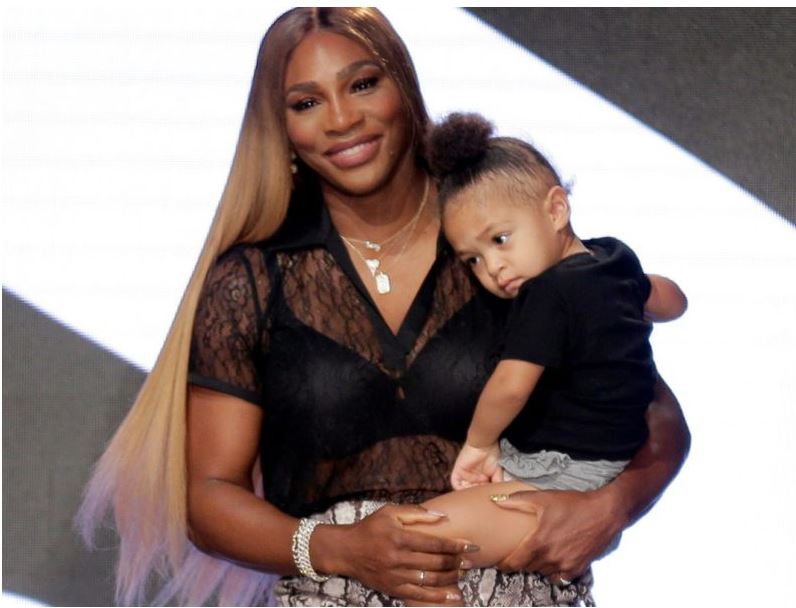
In an interview with the HuffPost, Serena Williams talked on a variety of topics regarding the social challenges in our society. From gender bias, gender pay gap, racism to women empowerment, she discussed it all. And when Williams talks, the whole world listens.
Serena Williams’ take on gender
Williams recently partnered up with Secret, an antiperspirant deodorant. Together, they will collaborate in commissioning an expansive study on gender equality in sports, from high school to professional sports.
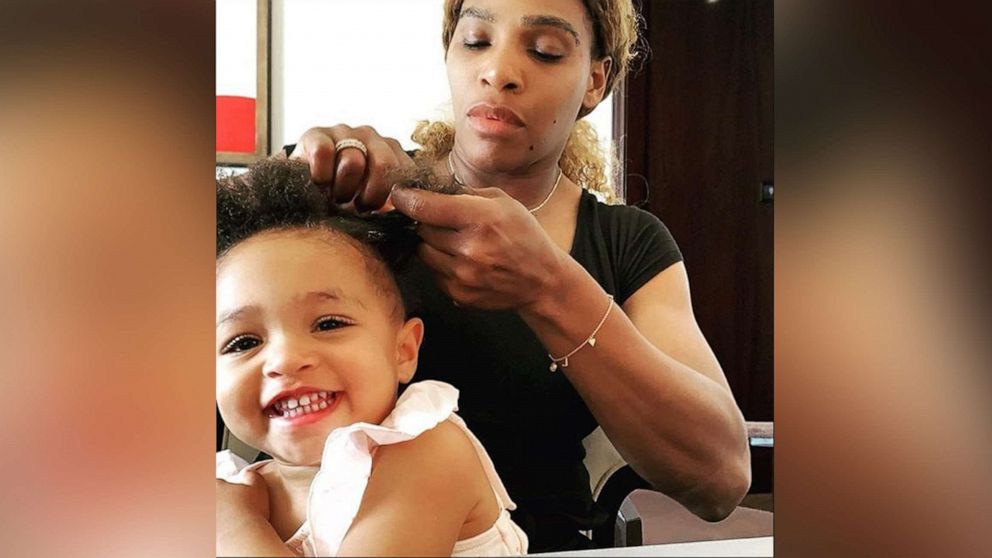
“I’m really proud to partner with Secret for because I want to continue this work together and we’re going to commission a study to understand gender equality in the sport.”
“It will inform us about future actions that we can take and we’re actually going to commit to a million dollars to combat inequality.”
Motherhood has brought about many changes in her perspective towards life. But Williams was always a staunch advocate of gender equality and women empowerment. Becoming a mother has only strengthened her resolve to change these social inequalities.

During the session, the interviewer asked Serena what she hoped for the future and what she wishes her daughter doesn’t have to go through.
“I’m thinking inequality, gender. Because she is going to be a Black woman, even though she is of mixed race, it’s going to be harder for her. But those are things that I hope won’t be as hard.”
She understands that these problems won’t just go away. Despite battling them to the best of her abilities, she realizes there might remain a few. She simply wants life to be easier and better for her daughter Olympia.
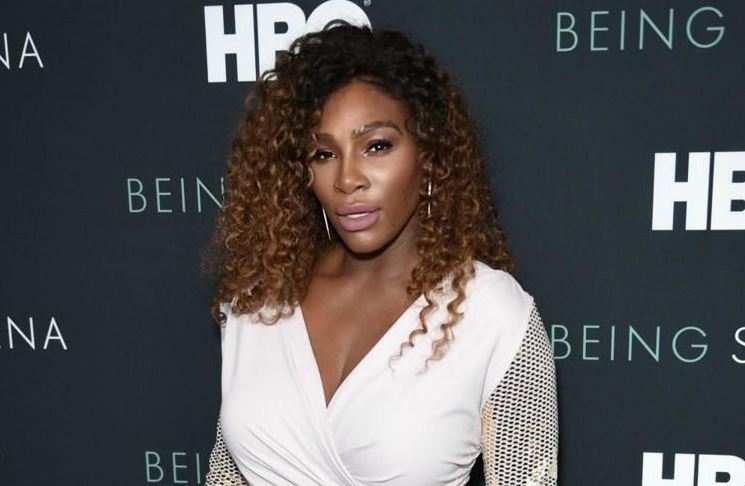
“I mean, it wasn’t as hard for me as it was for my mom, and hopefully then maybe for my daughter, it will be a little less or a lot less. There’ll be some challenges, but I just want to prepare her for that.”
Serena will not lose heart after the fact that these social inequalities might still exist when her daughter grows up. Instead, she wants to make sure that Olympia can handle any problems thrown at her. She wants her to come through it all a much stronger person. Just like she did herself.
Serena Williams and Venus Williams Are Living Black History

Any lingering doubts that Venus and Serena Williams are cultural icons were erased last weekend from, of all places, the stage at the Academy Awards.
In her Best Actress acceptance speech, Renee Zellweger riffed on the way heroes bring us together. She mentioned a few heroic figures, including Harriet Tubman, whose Underground Railroad freed some 70 slaves during the 1800s. The Oscar-winner then mentioned two others she recognizes as heroic—Venus and Serena.
Because of Serena and Venus, it is no longer plausible for people to say they have never seen a black professional tennis player.
Venus and Serena have become ingrained in the public consciousness. Venus made her U.S. Open debut in 1997 as a 17-year-old, her beaded and braided hair flying with every stroke, and advanced all the way to the final.
Remember the semifinal match when Irina Spirlea bumped Venus on purpose on the way to their chairs to try to intimidate her? The tactic failed miserably. Venus has become a tennis legend, Spirlea a mere footnote.
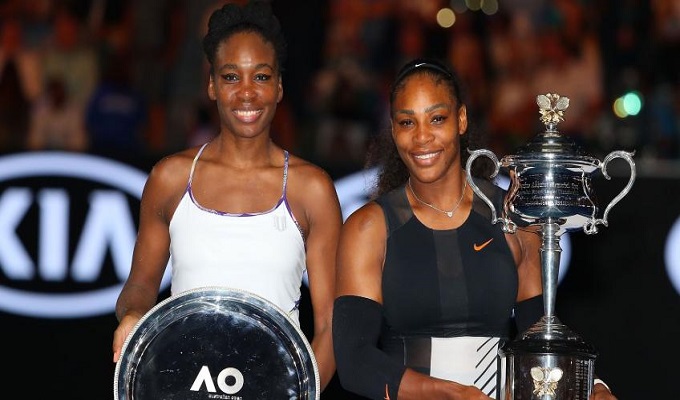
Since their debuts, the Williams sisters have revolutionized their sport. Thanks to them, women’s tennis is faster, quicker, hard-hitting and more athletic than ever.
Venus, the elder sister by 15 months, has won seven major titles (five at Wimbledon, two at the U.S. Open) and four Olympic gold medals. Venus and Serena have won three Olympic gold medals as a doubles team. Venus also led a movement that gave women equal prize money at Wimbledon beginning in 2007.
Despite being diagnosed in 2011 with Sjogren’s Syndrome, a debilitating muscle and joint disease, and despite approaching her 40th birthday on June 17, Venus is still formidable on court. She earned $41 million in prize money in 2017—more than any other female player.
Her achievements would be even greater if not for Serena’s. Since the Open era ushered in professional tennis in 1968, no player has won more Grand Slam titles than Serena. With her powerful serve and ground strokes, she has raked in more than $90 million in prize money. With her many endorsements, she is, according to Forbes, the richest female athlete ever with $225 million…and counting.
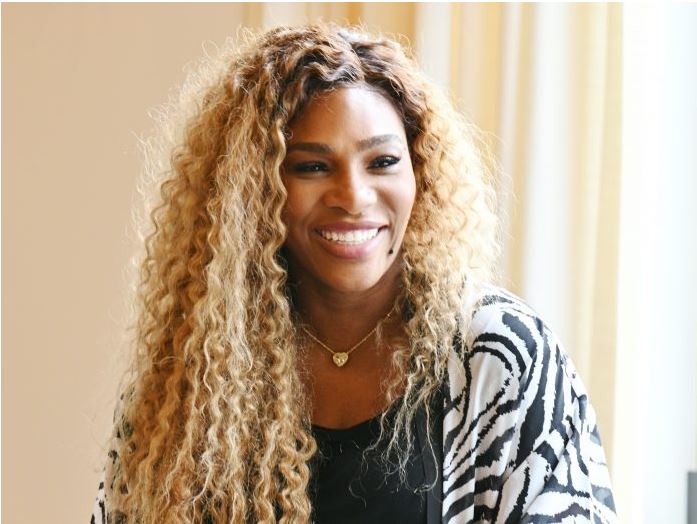
Yet Serena, who turns 39 on September 26, is actually underrated. If you Google “most major tennis titles in the Open era,” Google tells you the answer is Roger Federer. Wrong! Serena has 23 major titles; Federer has 20.
With her title in Auckland, New Zealand, in January, Serena accomplished the rare feat of winning a tennis championship in four different decades. Her first Grand Slam singles title came at age 17 at the 1999 U.S. Open. Her next Grand Slam title will tie Margaret Court’s all-time record.
But remember this: Court won 13 of her 24 majors when tennis was an amateur sport and the competition was not as strong. In any comparison between Court and Williams, it’s Advantage Serena.
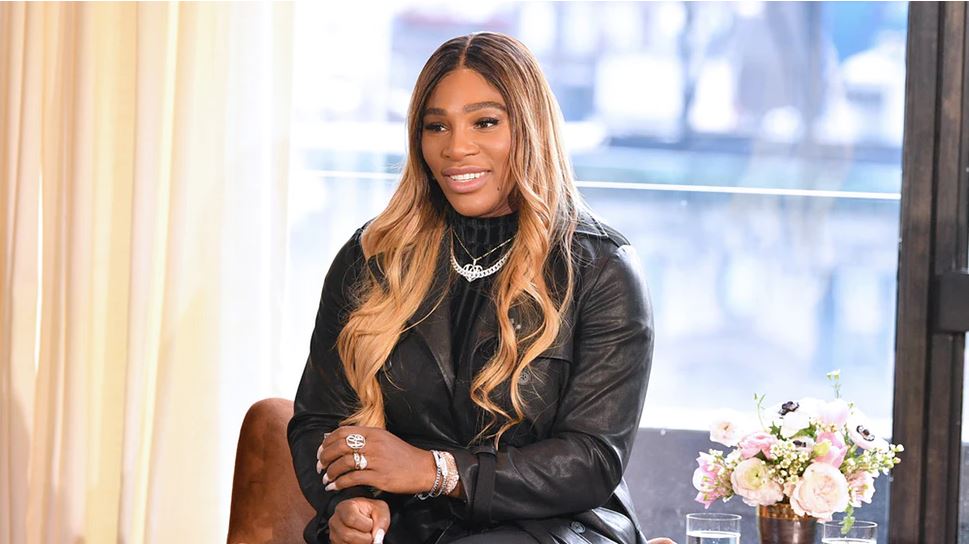
In my new book, Different Strokes: Serena, Venus, and the Unfinished Black Tennis Revolution, I closely examine the tennis triumphs and cultural impact of Venus and Serena, as well as the black tennis pioneers who endured overt bigotry to help pave the way.
Pioneers such as Althea Gibson, the first black major tennis champion in the 1950s, and Arthur Ashe, the first black male tennis champion of the color television age in the 1960s.
Gibson and Ashe and many others mentioned in Different Strokes opened the door enough for Venus and Serena to break it down. Tennis stars of color such as Naomi Osaka, Sloane Stephens, James Blake, Madison Keys and 15-year-old sensation Coco Gauff have the Williams sisters to thank for their successes.
That’s the legacy of Serena and Venus. They are living black history every month.















